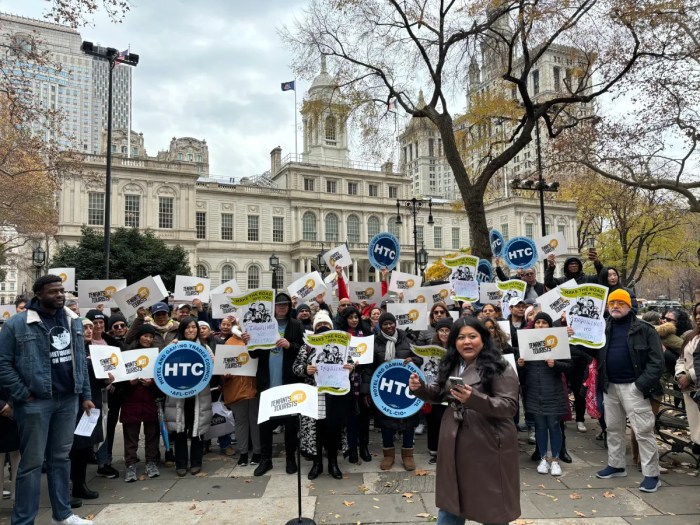A bill sponsored by state Assemblywoman Jenifer Rajkumar from Queens, that passed with bipartisan support to award victims of crimes of gross reckless endangerment, was signed into law by Governor Kathy Hochul on June 30.
Under bill A7502 victims of these crimes will be eligible for the costs of mental health counseling, lost wages, healthcare and other crime-related expenses.
“In New York, we believe strongly in protecting and uplifting all victims. This legislative package allows victims that have not been physically injured to still obtain compensation for other impacts of various crimes — taking an important step to help victims seek the justice they deserve,” Hochul said.
According to Rajkumar, New York state will now empower crime victims, giving them the support they need to get back on their feet after crimes of gross reckless endangerment that leave emotional and mental scars.
“With the signing of my bill, we are recognizing that all victims of serious crimes need our help. I thank Governor Hochul and my colleagues on both sides of the aisle for understanding this reality. This new law will ensure no technicalities stand in the way of a victim of a traumatizing crime receiving the aid they need,” Rajkumar said.
“We also recognize that there is a moral obligation to help a crime victim with mental health counseling, lost wages, and the costs of cleaning and securing a crime scene, which can total in the tens of thousands of dollars,” Rajkumar added. “Being the victim of a crime incurs so much pain that we cannot allow the additional pain of crippling debt.”
Currently, the state Office of Victim Services focuses on reimbursing victims of crimes that physically harm the victim. Non-physical crimes are not covered.
Under Rajkumar’s bill, crime victims who suffer trauma from the non-physical crime of gross reckless endangerment are also covered.
Specifically, the bill will expand eligibility to those without physical injuries who are the victims of reckless endangerment in the first or second degree.
For example, crime victims such as those who narrowly avoided being struck by a bullet or speeding car — who are not injured but nonetheless suffered from a traumatic incident — will be eligible for benefits. The bill also adds the costs of cleaning and securing a crime scene as reimbursable expenses.
With the expansion of eligibility to non-physical crimes, New York state sets a national trend, with its victim compensation program becoming similar to those of Pennsylvania, Connecticut, New Jersey and Vermont, among other states.




































